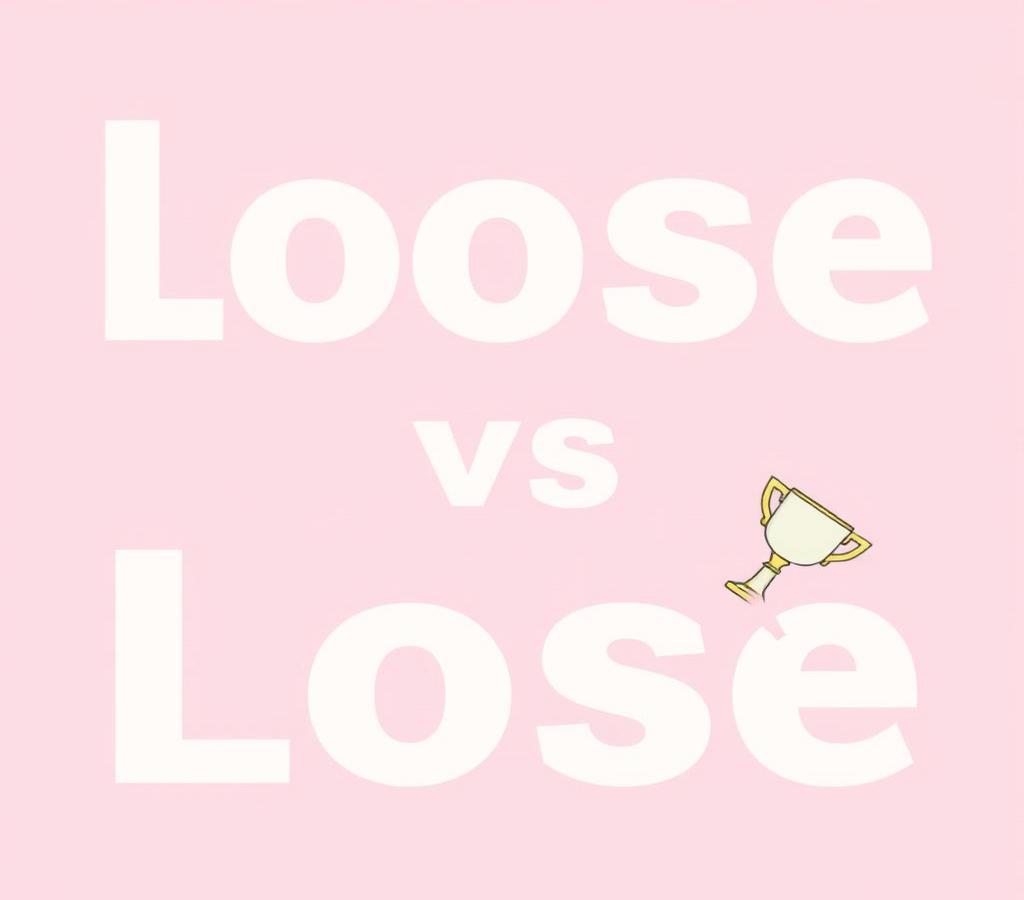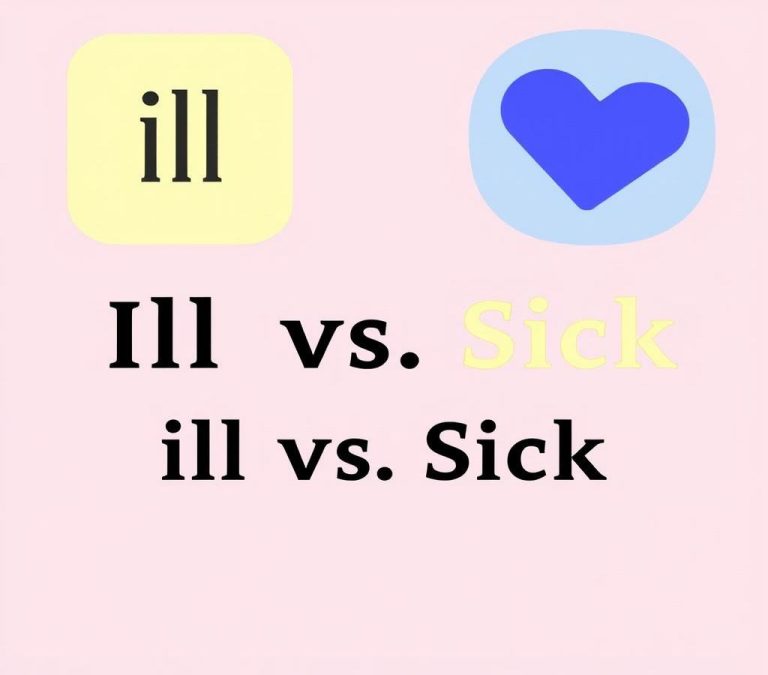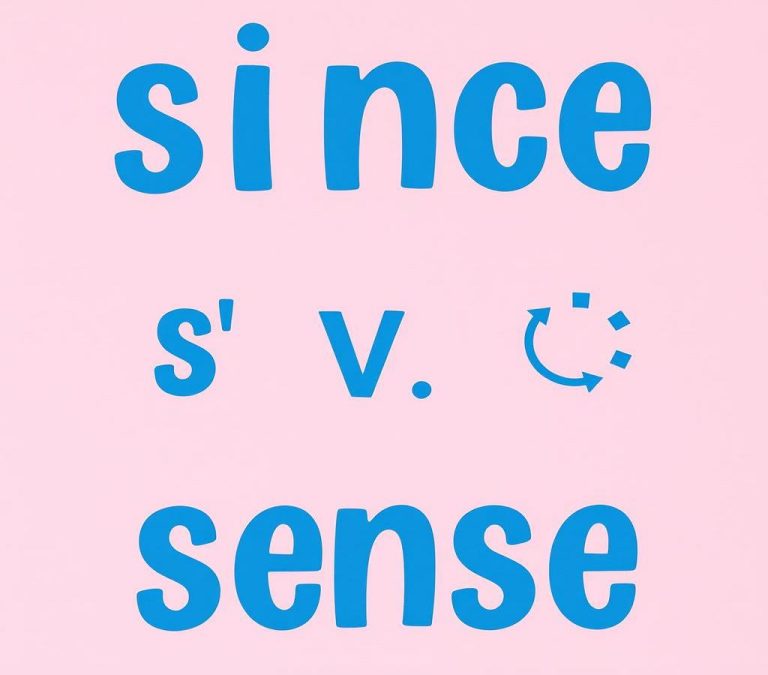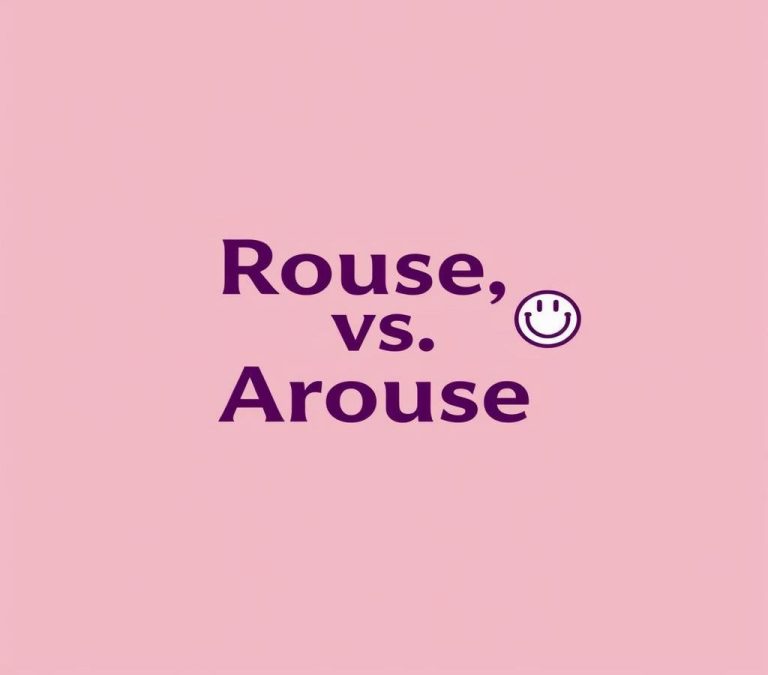Grammar Usage Guide: Loose vs Lose – When to Use Each
When it comes to writing, many people get confused about two words that are often mixed up: “loose” and “lose”. Although they may look similar, these words have very different meanings and uses. “Loose” is an adjective that describes something that is not tight or secure, while “lose” is a verb that means to misplace or be defeated. Mastering the difference between these two words can help you communicate more effectively and avoid embarrassing mistakes in your writing.
Quick Answer
Use loose as an adjective meaning “not tight” or “free”. For example: “The loose screw needs to be tightened.”
Use lose as a verb meaning “to misplace” or “to be defeated”. For example: “I don’t want to lose my keys.”
Remember: if you can replace the word with “not win” or “misplace”, use lose. If you can replace it with “not tight”, use loose.
Why There is Confusion
The English language can be tricky and confusing, with many words looking or sounding similar but meaning completely different things. Two such often-confounded words are “loose” and “lose.” The confusion is understandable, given their similar spellings and sometimes overlapping pronunciations. However, using these words correctly is important for clear and effective communication. Understanding the differences between “loose” and “lose” can help you avoid common mistakes and improve your writing skills.
What Does “Loose” Mean?
The word “loose” is most commonly used as an adjective. It describes something that is not tight or is free from attachment. For example, when a screw is not secured properly, it is said to be “loose.” Similarly, if your clothing is too big, it can be described as “loose.”
- Her bracelet is too loose and might fall off her wrist.
- The dog was running around with a loose collar.
- He prefers to wear loose clothes because they are more comfortable.
“Loose” can also be used in a more abstract sense to describe freedom or lack of constraints.
- After a long day at work, she let her hair loose.
- Some disciplines allow a loose interpretation of the rules.
What Does “Lose” Mean?
On the other hand, “lose” is a verb that means to no longer have something because you have either misplaced it or it has been taken away. It doesn’t have an alternate meaning and strictly relates to the concept of losing possession, position, or chance.
- It’s easy to lose your keys if you’re not careful.
- They will lose the match if they don’t play better.
- She didn’t want to lose the opportunity to study abroad.
“Lose” can also mean to fail to win a game, contest, or argument.
- Our team is about to lose the championship.
- He didn’t want to lose the debate.
Differences Between “Loose” and “Lose”
Differences in Parts of Speech
One of the fundamental differences between “loose” and “lose” is their parts of speech.
– “Loose” is an adjective, and sometimes an adverb.
– “Lose” is a verb that connotes the action of misplacing or not winning something.
Understanding these basic grammatical roles can help you use these words more accurately.
Differences in Usage and Context
The context in which you use “loose” and “lose” also defines their differences sharply.
- Use “loose” when describing the state of something not being tight or constrained.
- Use “lose” when talking about the act of misplacing something or failing to win.
Examples for “loose”:
- The knot was too loose to hold the package securely.
- The child’s tooth was loose, ready to fall out.
Examples for “lose”:
- How did you manage to lose such an important document?
- If you don’t hurry, we’ll lose our reservation at the restaurant.
Differences in Meaning and Connotation
The meanings and connotations associated with “loose” and “lose” are quite distinct.
- “Loose” generally connotes a sense of freedom, availability, or lack of tightness.
- “Lose” conveys a sense of absence, lack, or failure to retain something.
Understanding these nuances can help prevent common usage errors and enable you to communicate more effectively.
Synonyms for “Loose” and “Lose”
While expanding your vocabulary, knowing the synonyms for “loose” and “lose” can also help you use these words correctly.
Synonyms for “Loose”
- Free
- Slack
- Unfastened
- Untied
- Baggy
- Detached
- Unrestricted
Examples of synonyms in sentences:
- His tie was slack, giving him a casual appearance.
- She wore a baggy sweater that hid her figure.
Synonyms for “Lose”
- Misplace
- Forfeit
- Shed
- Fail
- Surrender
- Drop
- Miss
Examples of synonyms in sentences:
- Don’t misplace your car keys again.
- They had to surrender the match after half the team fell ill.
Examples of Usage: “Loose” vs “Lose”
Here are some more examples to help clarify the usage of “loose” and “lose.”
- Loose:
- The door handle is loose; it might fall off if you don’t fix it.
- She left her hair loose to let it dry naturally.
- The screws in the chair were too loose to hold it together.
- Lose:
- You will lose the game if you don’t focus.
- It’s easy to lose track of time when you are having fun.
- He didn’t want to lose the chance to impress his boss.
Conclusion: Mastering the Difference Between “Loose” and “Lose”
In conclusion, mastering the difference between “loose” and “lose” is crucial for clear and effective communication. Remember that “loose” is generally an adjective describing freedom or lack of tightness, while “lose” is a verb related to misplacing something or failing to win. By paying attention to their roles in sentences, understanding their contextual uses, and recognizing their different connotations, you can significantly reduce the chances of mixing them up in your writing. With practice, these differences will become second nature, allowing you to communicate your thoughts accurately and with confidence.







